 Cowhorse enthusiasts who complain about the expense of keeping cattle might be interested in a feature article from the June 14 issue of the Wall Street Journal.
Cowhorse enthusiasts who complain about the expense of keeping cattle might be interested in a feature article from the June 14 issue of the Wall Street Journal.
According to the American Electric Power Company (AEP), the practice of covering manure piles to capture methane gas is one way to reduce carbon dioxide (CO2) emissions, help eliminate global warming, and provide extra revenue for farmers.
Never mind that AEP is the biggest coal burner in the US. They think they have found a way to pacify lawmakers set on putting a cap on US emissions. The way it works, AEP will buy emission reduction credits from Environmental Credit Corporation (ECC) to offset their own emissions.
Concurrently, ECC has announced an agreement with AEP and Ag Carbon Management LLC, an ECC affiliate, through which AEP will purchase approximately 4.6 million carbon credits between 2010 and 2017, generated from capturing methane on livestock farms.
Through this program, ECC will install covers on manure storage lagoons to capture and flare methane from approximately 400,000 head of livestock on as many as 200 U.S. farms, converting it to CO2, a less potent greenhouse gas than methane. Cost of the credits is not being disclosed, but one carbon credit is equal to one ton of emissions reduction.
ECC contends that methane from livestock manure accounts for between 6.6 and 7.6 percent of total methane emissions in the United States and that methane is 21 times more potent than CO2 in trapping heat in the atmosphere.
“Because of AEP’s commitment to this project, ECC is investing more than $25 million in services and materials to bring the 200 farms online with emission reduction,” said Ed Heslop, chief executive officer of ECC. “This has the added benefit of bringing revenue to the farms very early in the project.”
Dave Brian, director of shows for the National Cutting Horse Association, says that he would be happy to give ECC or anyone else manure generated by the 9,000 head of cattle used during the NCHA Summer Spectacular, held in Fort Worth from July 10 through 29.
“I could give it away to someone that wants to come and get it free of cost and save the association a bunch of money,” said Brian, who estimates that NCHA spends $9,000 to have manure cleaned from the stalls and cattle pens during each of NCHA’s three annual classic shows in Fort Worth, not including the $180 per dumpster-load price they pay to have it hauled away.
